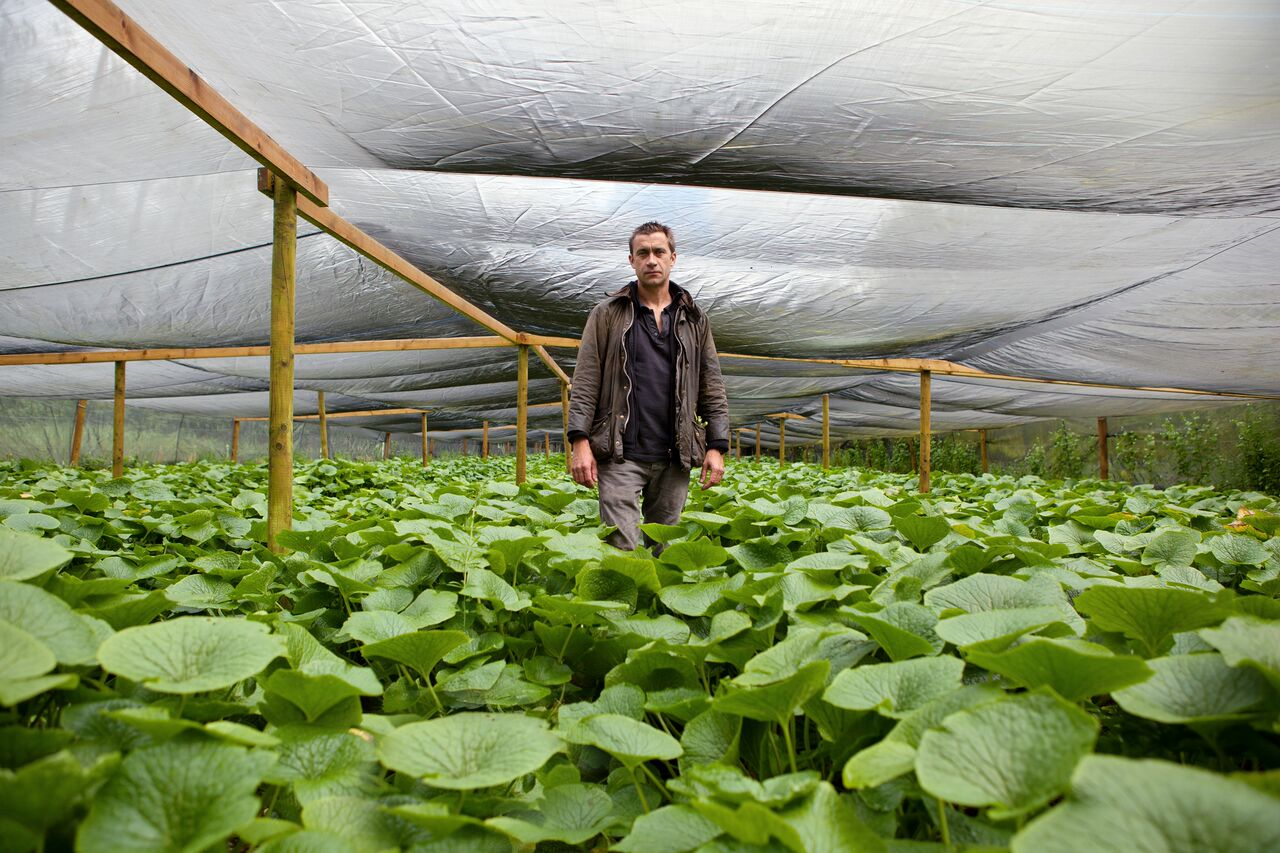Wasabi, according to the late food writer Shizuo Tsuji, grows best on the banks of cold, clear streams.
"In fact," he writes in his 1980 culinary treatise, "Japanese Cooking," the plant can only be grown "in flooded mountain terraces." However, thanks to the initiative of an English watercress producer, green thumbs across the U.K. can now grow wasabi in backyard flower pots, next to their geraniums and begonias.
You can thank, or blame, The Wasabi Co. for uprooting the plant from its pristine mountain terraces in Japan and making it available in the U.K.


















With your current subscription plan you can comment on stories. However, before writing your first comment, please create a display name in the Profile section of your subscriber account page.